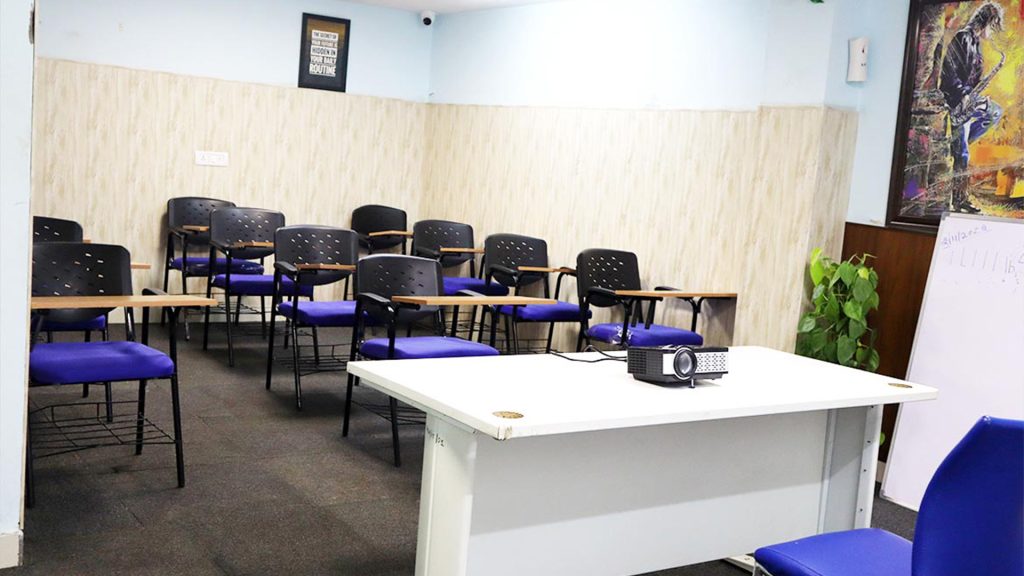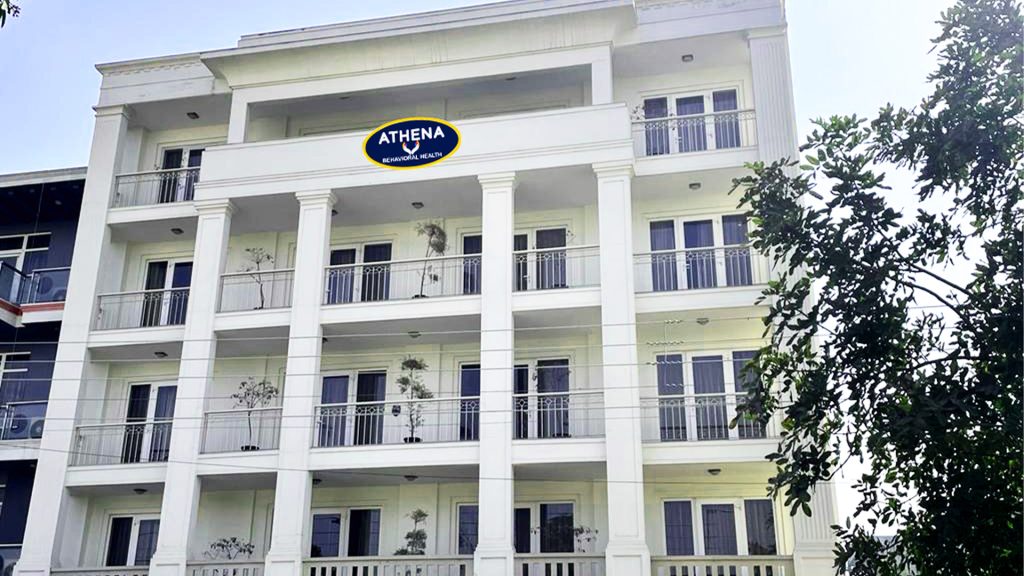Embrace the journey; hope lights the way
Treatment Team

Dr. Ashish Kumar Mittal
(AIIMS - Delhi)
Medical Director

Dr. Rahul RRai
Clinical Director

Dr. Namit Gautam
Consultant Psychiatrist || ABVIMS & DR RML HOSPITAL - New Delhi

Dr. Namrata Kumari
Consultant Psychiatrist || AIIMS - Rishikesh
FAQs on Bipolar Disorder
Treatments For Bipolar Disorder
Athena OKAS holds expertise in offering a multitude of non-chemical treatment modalities to help reduce the severity and occurrence of symptoms while preventing relapse and improving a patient’s cognition and self-awareness. Our innovative rehabilitation centers in India provide a safe and secure environment to help patients recover in minimum possible time.
Causes Of Bipolar Disorder
Genetics and family history
Bipolar disorder can run in families. Studies suggest that people with certain genes are more likely to develop bipolar disorder. Research also suggests that children with a parent or sibling suffering from bipolar disorder are more likely to develop the illness.
Brain structure and functioning
As evident from studies, abnormal functioning of brain circuits involving serotonin (a chemical messenger) may attribute to mood disorders.
Environment and/or lifestyle changes
Individuals with bipolar disorder have a genetic predisposition to problems associated with the sleep-wake cycle that may trigger symptoms of depression and mania. For those who are genetically predisposed, environmental stressors also play a role in triggering bipolar episodes.
Symptoms Of Bipolar Disorder
Bipolar Disorder Symptoms
Manic Symptoms
Bipolar Disorder Symptoms in Females
Bipolar 1
Bipolar 2 Disorder
Contact us at

Office Information
- Call Us 24/7 +91 92897 30444
- Work with us info@athenaokas.in
- Our Location #446, Sector – 39, Gurugram, Haryana – 122018
Treatment Programs
- Bipolar Disorder treatment In Delhi NCR
- Best Mental Health treatment In Delhi NCR
- Mental Health Treatment In Delhi NCR
- Treatment for Psychosis
- Psychosis Treatment In Delhi NCR
- How to Diagnose Schizophrenia ?
- Schizophrenia Treatment In Delhi NCR
- BPAD Treatment
Treatment Programs at Athena OKAS
- Anxiety Treatment
- Bipolar Disorder Treatment
- Borderline Personality disorder
- Depression Treatment
- psychosis
- Schizophrenia Treatment
- Women Mental Health
- Psychiatric Emergency Services







